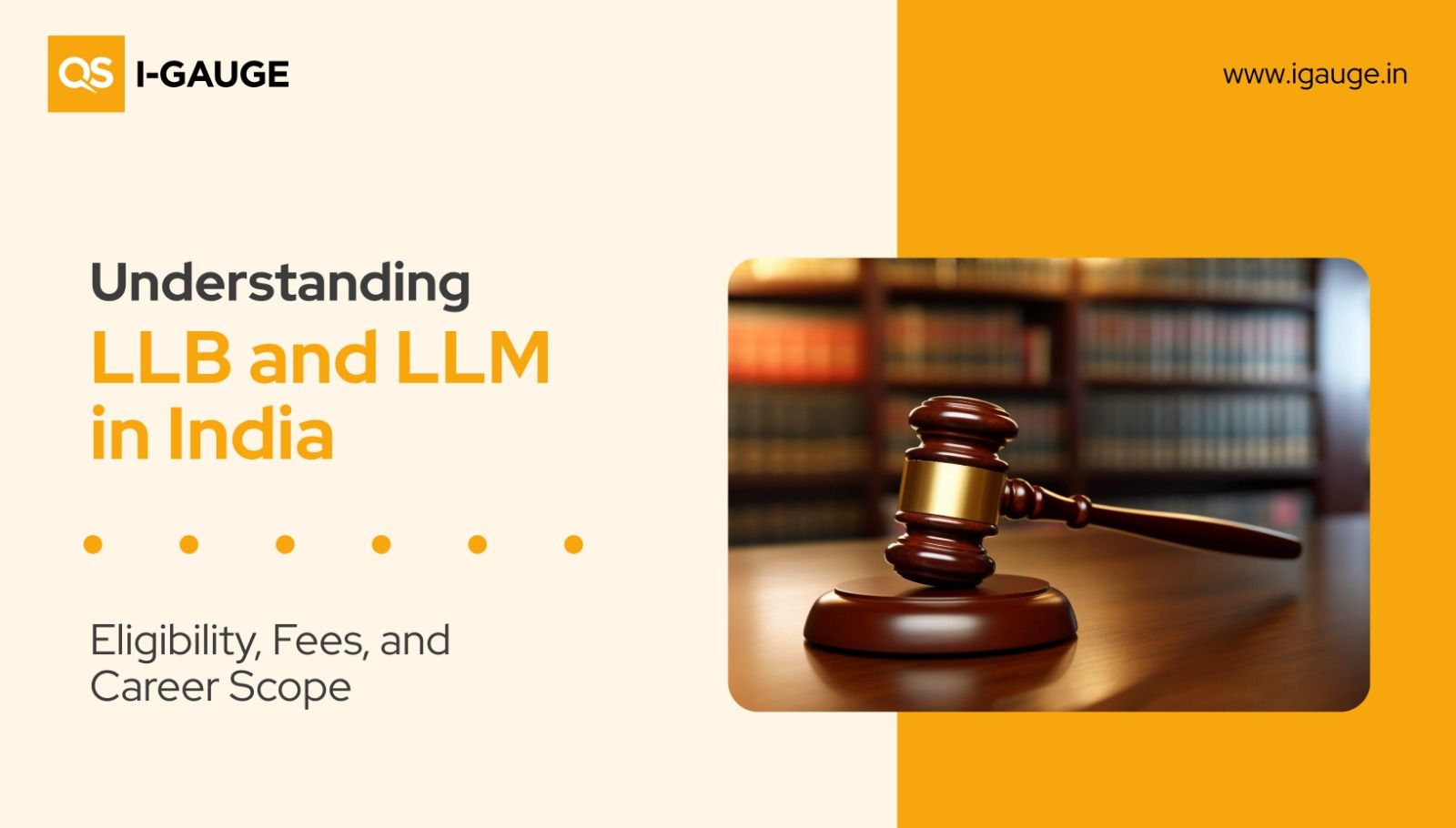
India’s abysmal performance in the recently published Academic Freedom Index (AFI) is a matter of concern for many academics, including those who have been voicing against the outside intrusions into academic spaces. AFI marks each country based on the amount of freedom its universities enjoy. Professor Geoffrey Stone of University of Chicago opines that, “One conception of academic freedom is that it is analogous to freedom of speech in society as a whole […] but there is also an institutional governance conception of academic freedom, which holds that universities are not comparable to the larger society. Each student and faculty member is not free to say or to write whatever he or she pleases.” Therefore, the specificities of academic freedom need to be thought in different light.
Academic freedom is a sine qua non for modern universities. In its long history, debates and definitions of academic freedom have undergone several changes. It is often thought as axiomatic to general idea of freedom of speech, although a closer scrutiny reveals a different picture and several dimensions of academic freedom. In their co-written scholarly article, Professor Jogchum Vrielink, Paul Lemmens, Stephan Parmentier point out that, “one can distinguish at least three types or approaches, which often occur in combination: (1) a rights approach, subdivided in (a) individual and (b) institutional aspects (2) and a state obligations approach.” Knowledge production, at any level, begins when an idea is brought under steep question and with subsequent levels of argumentations. As Professor Rajeev Bhargava says, “Academic freedom protects such spaces of contestation and scrutiny through which knowledge is produced. It refers to the freedom of scholars to conduct critical enquiry, and the freedom of teachers and students to collectively deliberate on any idea without fear of sanction, censure or illegitimate interference.”
India never fared well in academic freedom. There have been numerous cases of ‘book ban’, cancelling of lectures and grants over the years. The autonomies of the institutes like University Grants Commission too have come under governmental wrath many a times. There are several examples, even from the developed democracies, when academic freedom came under blow. The importance of academic freedom often does not reflect in the laws and constitutions of different countries, although in recent past several international conventions have tried to engage with the issue more directly. The International Covenant on Civil and Political Rights (ICCPR) and the International Covenant on Economic, Social and Cultural Rights (ICESCR) are indispensable for academic freedom.
Therefore, keeping the international aspect in mind is crucial for India, as it aspires to be a global hotspot of internationalisation of education. Academic freedom is also central to internationalisation – not just for education, but to achieve greater human solidarity and peace. As a matter of fact, dissemination of knowledge is an entrusted mission of the United Nations Educational, Scientific and Cultural Organization (UNESCO). In fact, UNESCO has addressed the issue on several occasions and of particular importance is the official policy, adopted in the UNESCO General Conference in 1997, entitled ‘Recommendation concerning the Status of Higher-Education Teaching Personnel’ (UNESCO Recommendation). If India fails to boost its credentials on academic freedom and entail restriction on participation of foreign researchers in certain types of research to the possibility of new government constraints on universities with respect to teaching, research, and the dissemination of scientific and scholarly findings, it is more than obvious that India will lose on attracting good researchers.
The report in question, named as Academic Freedom Index (AFI), is prepared by scholars and officials of the Global Public Policy Institute, the Friedrich-Alexander-Universität (FAU) Erlangen-Nürnberg, the Scholars At Risk Network and the V-Dem Project at the University of Gothenburg. The report, as quoted by The Wire, gives India has a low point of 0.352, comparable to the scores of Saudi Arabia and Libya, while Uruguay tops the list and North Korea stands at the bottom. It is prepared after taking serious matters into consideration, like freedom of scholars to engulf in political debates on topics which are considered contentious, despite external pressures.
The index does not rank any institute or any specific country; rather point them, as the nature of their evaluation is prone to subjective interpretations by different experts. Keeping in mind the shortfall of their methodology, the index is also made publicly available for it to be scrutinized. The Academic Freedom Index evaluates performance of a country based on eight broad components, “integrated in a Bayesian measurement model”. The components are,
- Freedom to research and teach
- Freedom of academic exchange and dissemination
- Institutional autonomy
- Campus integrity
- Freedom of academic and cultural expression
- Constitutional protection of academic freedom
- International legal commitment to academic freedom under the International Covenant on Economic, Social and Cultural Rights
- Existence of universities
Sources
https://www.theguardian.com/world/2020/jan/09/a-violent-attack-on-academic-freedom
Academic Freedom, Geoffrey Stones, Bulletin of the American Academy of Arts and Sciences , Winter, 2006, Vol. 59, No. 2 (Winter, 2006), p. 17
https://www.thehindu.com/opinion/op-ed/the-perilous-state-of-academic-freedom/article29035717.ece
Procedia Social and Behavioral Sciences 13 (2011) 117–141 1877-0428 © 2011 Published by Elsevier Ltd. doi:10.1016/j.sbspro.2011.03.009
League of European Research Universities, Academic Freedom as a Fundamental Right Jogchum Vrielinka*, Paul Lemmensa, Stephan Parmentiera and the LERU Working Group on Human Rights




